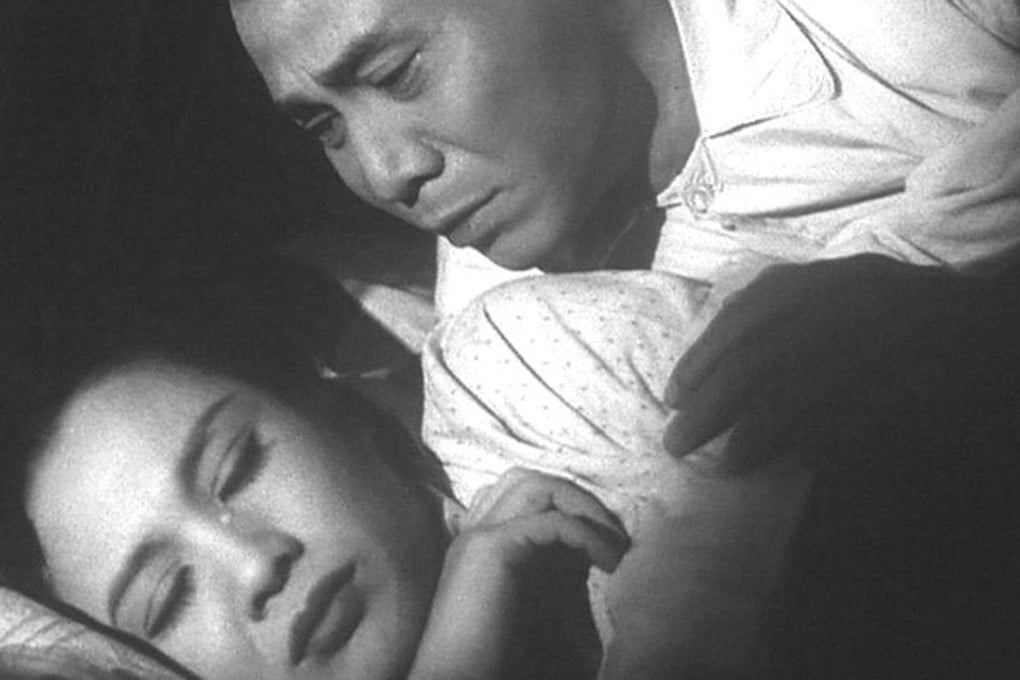Flashback: It Was a Cold Winter Night (1955) – Ng Cho-fan, Pak Yin in Cantonese classic
The eternal triangle – two women, one man – gets a distinctly local twist here: the other woman isn’t a mistress but the man’s mother, fighting for dominance in a wartime Chongqing that’s beautifully evoked.

The eternal triangle so typically a feature of Cantonese drama consists, like its Hollywood counterpart, of a man torn between two women. But unlike American versions, the “other woman” is often not a home-wrecking mistress but a domineering mother. Such a triangle is on view in It Was a Cold Winter Night (1955), an all-star adaptation of a then-recent literary work by famed novelist Ba Jin, and an erudite example of Hong Kong cinema at its most highbrow.
Writer-director Lee Sun-fung was no stranger to the works of Ba, having brought the author’s Spring to the screen in 1953 with considerable success. It Was a Cold Winter Night presented different challenges, for unlike Spring’s more remote time-frame and vague setting, Winter took place during the previous decade and against a specific historical backdrop.
Dealing with wartime realities still fresh in the memory, the endeavour was further complicated by the tale unfolding in Chongqing, a locale quite unlike that of the usual Cantonese picture.

The refugees at the film’s centre consist of Matriarch Wong (Wong Man-lei), forced by circumstances to eke out a threadbare existence, and her similarly uprooted son (Ng Cho-fan) and his sweetheart (Pak Yin). Wong disapproves of the couple’s unmarried status and resents the independence of her unofficial daughter-in-law. Not only does the young woman’s income support the family, she proves far more willing to stand up to the imperious matron’s emotional abuse than her weak-willed, tradition-bound partner.
